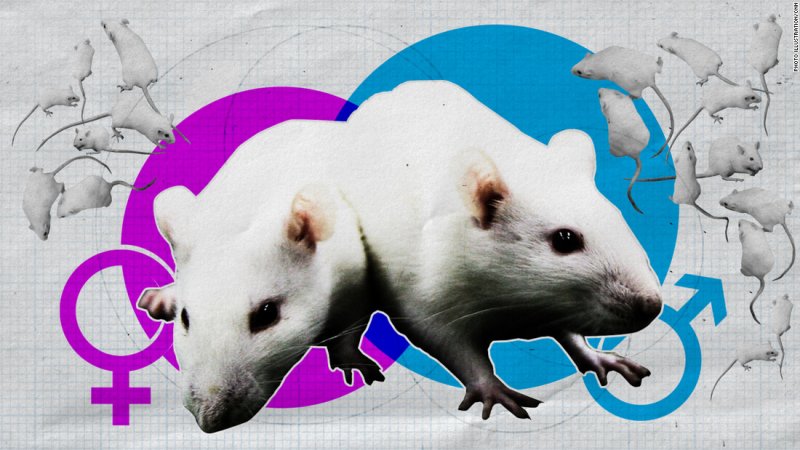Unfortunately, transitioning to a scientific world where all studies include both sexes is more difficult than it seems. To accurately assess female subjects, we must rethink how we conduct experiments, especially those in the discipline of neuroscience.
Traditional criteria for experimental success and failure are based on male brains and do not accurately reflect the contributions of sex steroid hormones.
For instance, it is considered a well-known fact that male animals learn navigation-based tasks more quickly than females.
However, we now have reason to believe that males simply use a different strategy to navigate, relying more on nearby landmarks than on their own position in space. Because of this, when moving from point A to point B, male rodents tend to reach their destinations faster, but females acquire more information about their environment along the way.
Despite these findings, most experimental designs remain engineered toward male physiology. The effects of this disparity are not immaterial.
Women are more likely to be misdiagnosed with a host of neurological conditions, ranging from autism spectrum disorder to stroke.
The generalization of male science onto female bodies is a detriment to both scientific research and public health, yet the path to an equitable scientific future remains poorly defined.































